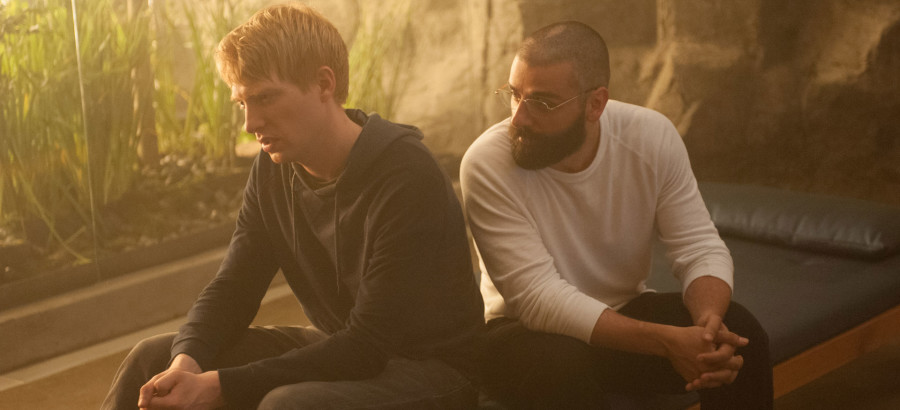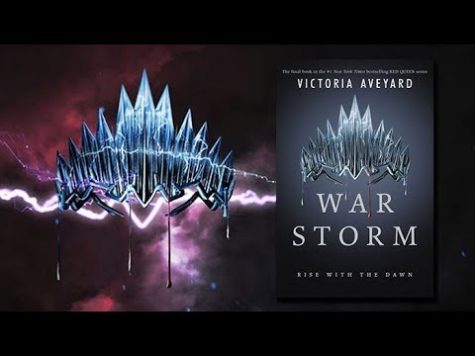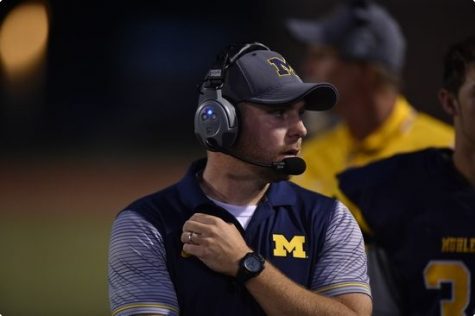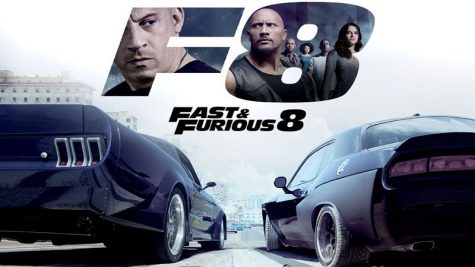Sci-fi Thriller Ex-Machina Explores AI
There have been no good sci-fi movies for the last 15 years or so? Really, ever notice that? If you make a list of the best sci-fi movies, you start with…what a minute, I’ve said this before. I started my Babadook review like that when discussing horror movies. But you know what, that statement kinda holds true for both genres.
The sci-fi genre is going through a recession of sorts. Like horror, it feels like it’s been awhile since there was a good one released. The only difference is, horror movies come a dime a dozen. Sci-fi, not so much. Its not like people have forgotten how to make good ones. Children of Men, which came out in 2006, is an exception and one of my all-time favorites. The problem is that people just don’t make them as much, and for no good reason, too. Sci-fi, when done right, can be a great platform to express all kinds of thought-provoking ideas and fears about modern life and technology.
Ex Machina is a great example of how to use sci-fi to express these ideas. It manages to tackle themes of advancing technology, basic emotion, and even what it means to be human; each to varying degrees of success.
Set in an unspecified future (once again, smart move keeping the timeframe vague), a computer programer, Caleb (Domhnall Gleeson), is informed he’s won a week vacation at his reclusive boss’s house. His house is incredibly high-tech to the point where it’s almost a computer, and located deep in the wilderness where there’s no one around for miles. His boss, Nathan (Oscar Isaac), tells him that he’s made a scientific breakthrough and wants Caleb to help partake in it. He’s built a fully functioning AI (artificial intelligence) robot, and he wants Caleb to test it. If he can communicate with it and match the same levels as normal human conversation, then Nathan has succeeded.
It’s a very low-key movie — only three characters for most of the run time. Domhnall Gleeson is a good actor, but this isn’t one of his best performances. Maybe it was the writing and not him, but he’s just not that intriguing of a character. Fortunately, his performance is outweighed by his two co-actors. Oscar Isaac is rapidly becoming one of the best actors of his generation. I’m convinced he can play anyone, and he’s always fascinating. Whenever he’s on screen, you can’t take your eyes off him.
And as much as I would love to say he has the best performance, that title has to go to Alicia Vikander. She’s the one who plays the AI robot. To be honest, I keep forgetting it was a performance. I forgot she was a person and not an actual AI. I know it sounds stupid, but it’s true. It’s a career making and award worthy performance.
So it’s a shame that I don’t like the movie more.
I should. On paper, it seems like it’s all there. But every time I think back to it, I can’t help but feel disappointed. Probably because of Alex Garland, writer/director. Don’t get me wrong, I don’t think he did a bad job. Everything in Ex Machina is beautifully shot. He just suffers from the same problem most first-time writer/directors suffer from: he doesn’t know what to cut out.
Yes, Ex Machina is slow. That’s fine. I have nothing against that, as long as it serves a greater purpose. Foxcatcher was slow, but it added to its atmosphere, it made it unnerving. At first, that works in Ex Machina. For a while, you don’t know what everyone’s plans are. You don’t know who is being honest and who is lying, who is setting up who, or if the people who are getting set up know their being set up and are going along with it so they can set someone else up.
However, after a certain point, you begin to figure everything out. This is when the movie should become exciting, but the pace stays the same and starts to drag, killing the momentum. And I’m not one to point out plot holes. Usually I can ignore them if it’s nothing major. But without spoiling anything, there is one decision at the end of the movie that really bugged me. And since it was a major plot point, I just couldn’t ignore it, and it’s easily the movie’s biggest flaw.
Several people have compared Ex Machina to Stanley Kubrick and his deliberate style. And they’re right, it is very Kubrickian. You can clearly see the influence it had on Garland. But if you’re making a movie like Kubrick, that means you begging to be compared to Kubrick. That’s just asking for trouble. Garland is no Kubrick.
However, Ex Machina, for all its flaws, is still an interesting and thought-provoking piece of sci-fi. It may be far from perfect, but I can’t help but admire it for trying.

James Mason is a writer for Temple University. When not writing for the newspaper, he can be found at home reading badly, writing badly, viewing bad...











